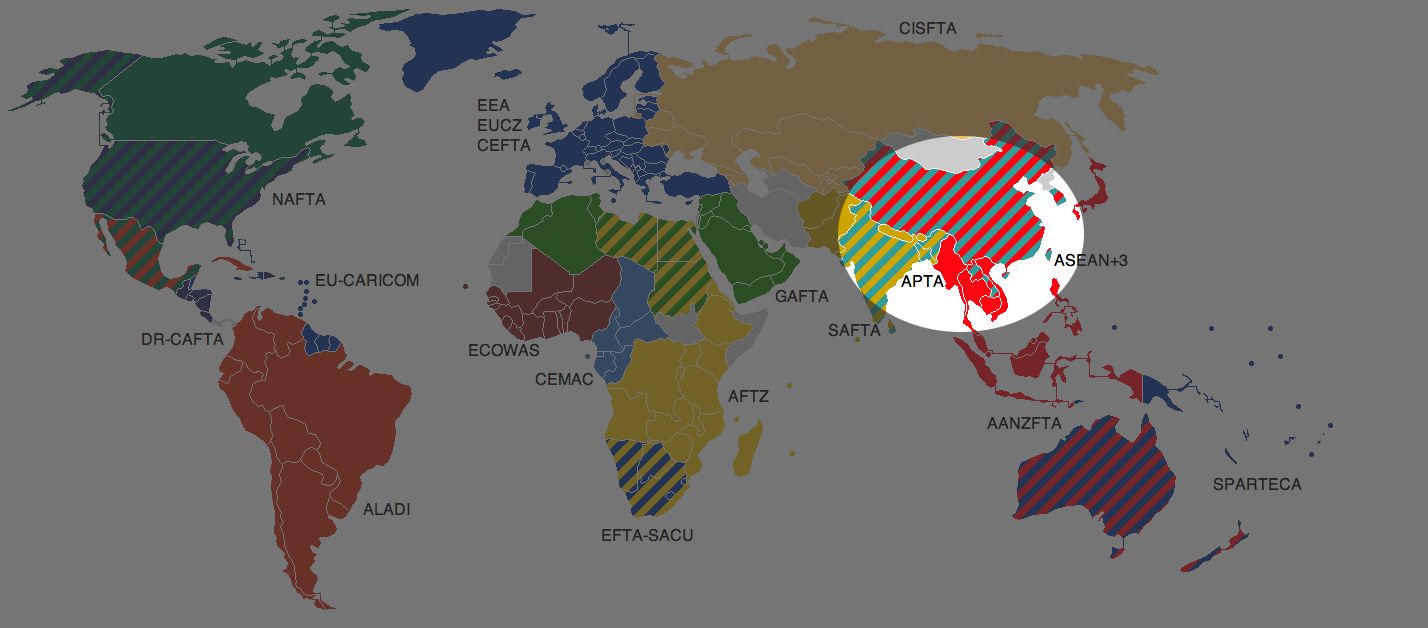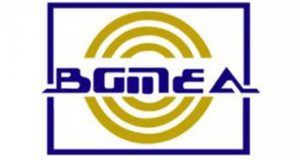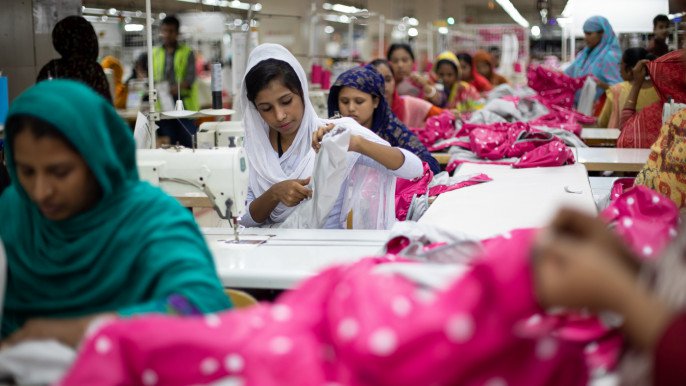Published in The Financial Express on Thursday, 24 November 2016
Products for trade under APTA likely to double

Trade ministers of the six-nation bloc will sit for Ministerial Council in Bangkok mid-January to endorse the decisions taken in the expert-level negotiations, they added. Bangladesh, China, India, South Korea, Laos and Sri Lanka are members of the block.
With the endorsement by the highest decision-making authority, the fourth round of trade talks will enter into force. It was launched in October 2007 and was scheduled to be concluded by the third ministerial council in October 2009.
Trade officials in Dhaka said the APTA experts had reached a consensus on tariff concessions under fourth round of negotiations in 2013. But some policy-level disagreements between China and Korea and China and India have delayed the process.
“After the fourth-round negotiations were over in 2013, some of the member-countries, including the Republic of Korea and China, came with fresh proposals and wanting to hold talks again. That held back the ministerial approval for outcome of fourth-round negotiations for years,” a senior trade official said.
Mongolia, which remained involved with the pact as observer, will be included as a member in the fourth-round-conclusion meeting.
Presently some 4,857 products enjoy tariff preferences under APTA-and the list may get longer to reach 10,000 with the ministerial council approval for conclusion of the fourth round of negotiations.
In the fourth round of negotiations Bangladesh agreed to provide tariff concessions for 600 from present 209 products, India 3,000 products from present 618, and China over 2,000 products from 1,858, officials said earlier.
APTA offers simple and common Rules of Origin (RoO) with minimum local value addition requirement of 45 per cent of the freight on board (FOB) value. The least- developed country members of the bloc require 35 per cent value addition to enjoy the tariff preferences.
The fourth round of negotiations has widened the coverage of preferences of total tariff lines for each member-state and deepened the total tariff concessions by at least 29 per cent of the total intra-regional trade under the grouping.
On of the oldest preferential trade agreement between countries in the Asia-Pacific region, the APTA pact occupies market for 2.921 billion people. The size of APTA market accounted for US$14,616 billion in terms of gross domestic product (GDP) in the fiscal year 2015-2016.
Its main objective is to hasten economic development among the six participating states opting for trade-and investment-liberalisation measures which will contribute to the intra-regional trade.
When contacted, additional research director of the Centre for Policy Dialogue (CPD) Khondaker Golam Moazzem told the FE the government could follow three principles in selecting products for offering concession under APTA regime.
He said the tariff-concession list of products should not go beyond the concession Bangladesh offered under the South Asian Free Trade Area (SAFTA) agreement for developing countries.
Mr Moazzem said Bangladesh should keep a good number of products in hand which can be offered in case of signing bilateral free-trade agreements as the government is contemplating striking such deals with some countries.
“Since Bangladesh charges zero import duty on raw materials, intermediate products, and capital machinery used in export-oriented industry, those products can be considered for concession list under APTA,” he said.
The policy researcher further said since Bangladesh is still enjoying various facilities as a least-developed country and will continue to enjoy such privilege for 7 to 8 more years that position should be kept in mind in APTA negotiation process.
 CPD RMG Study Stitching a better future for Bangladesh
CPD RMG Study Stitching a better future for Bangladesh



